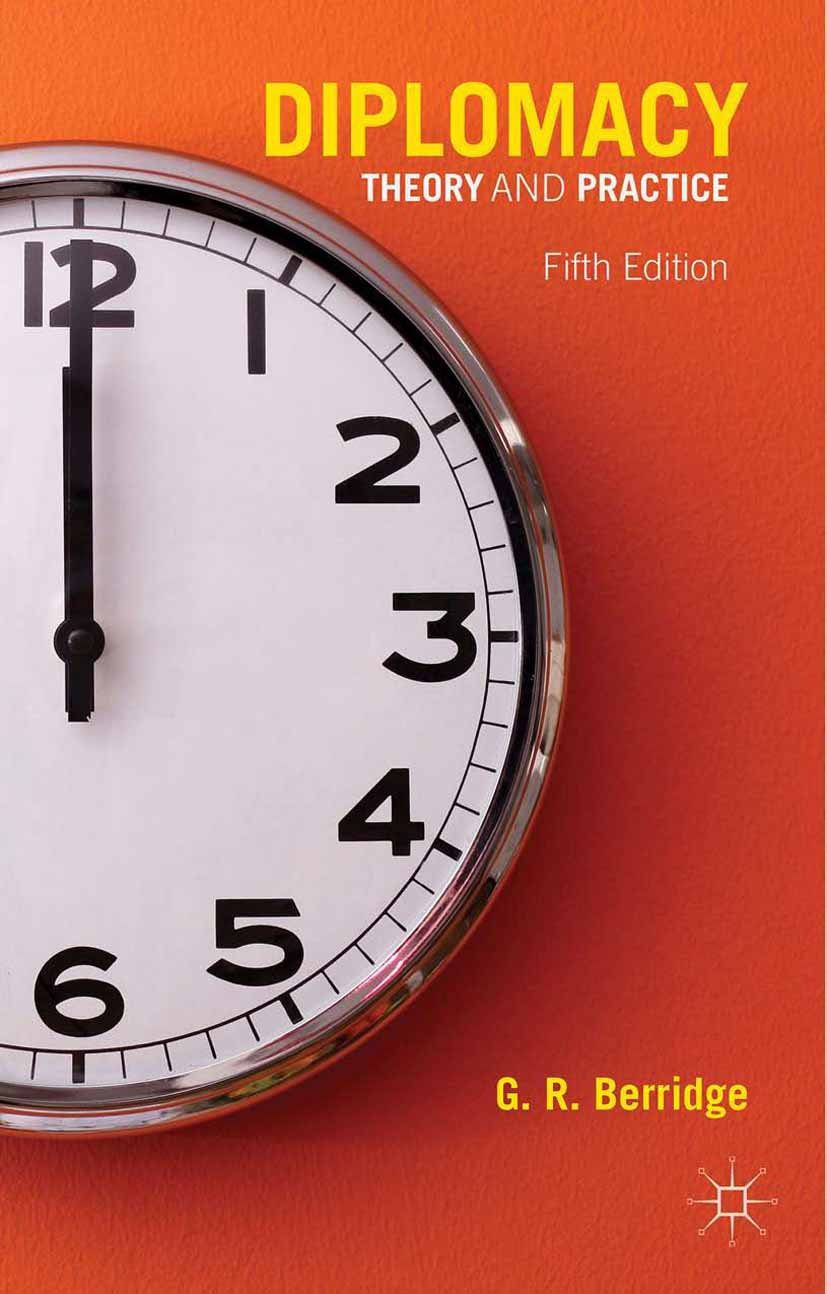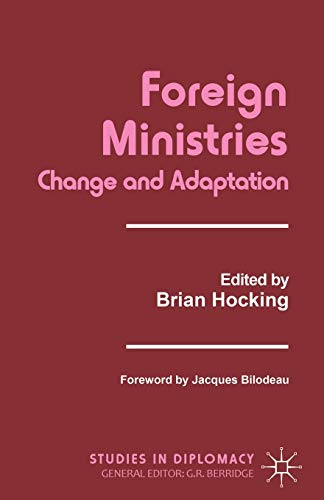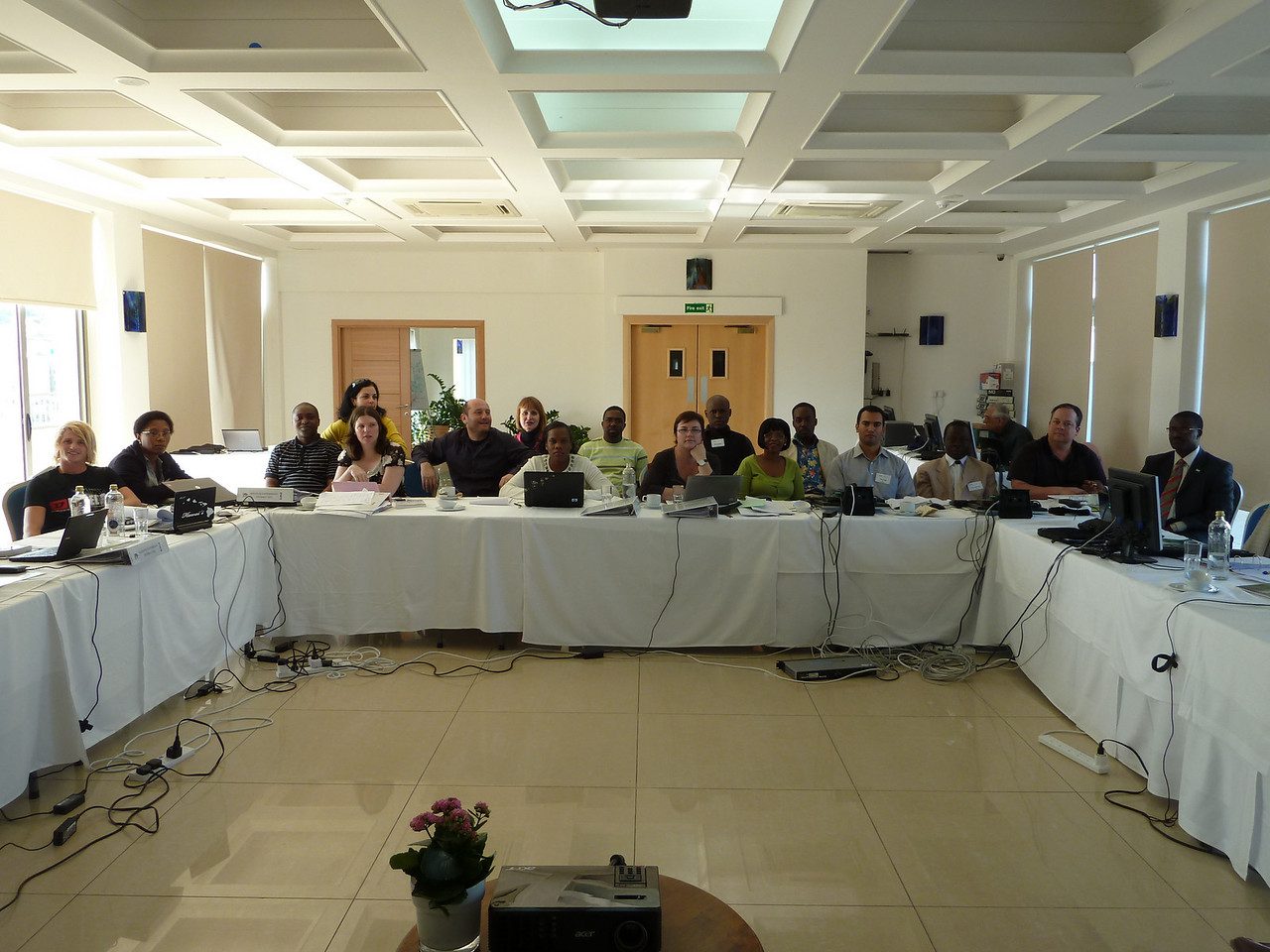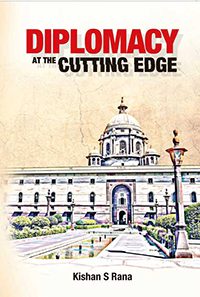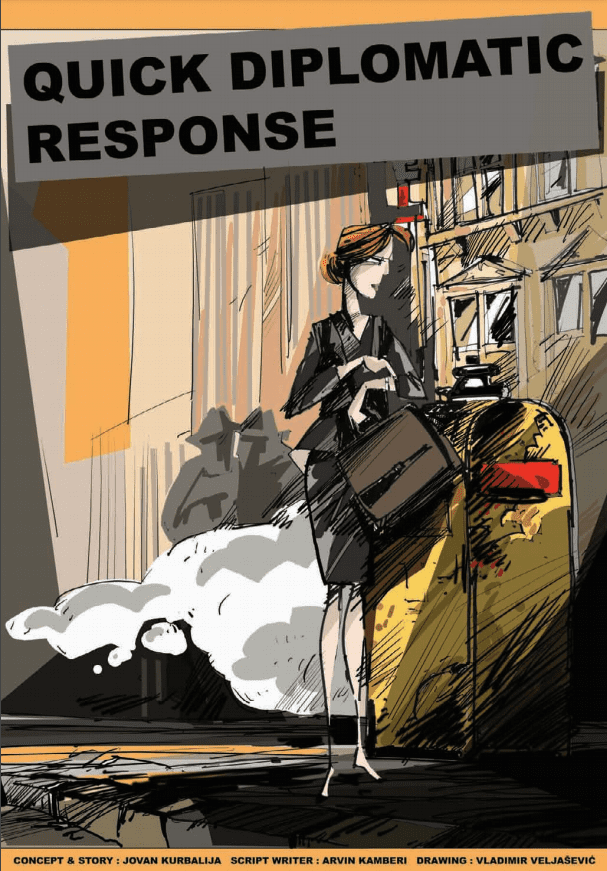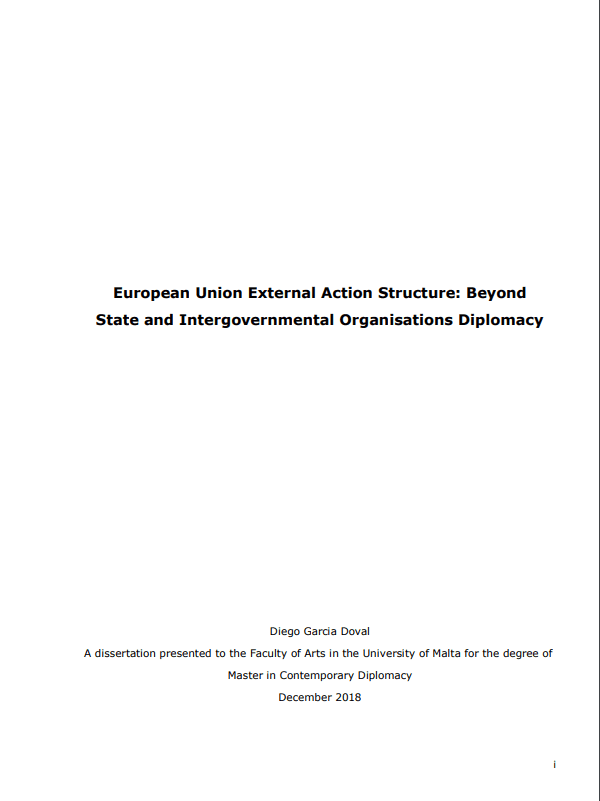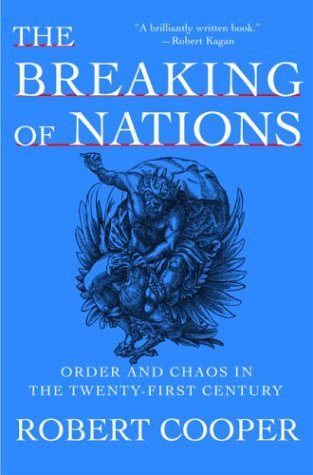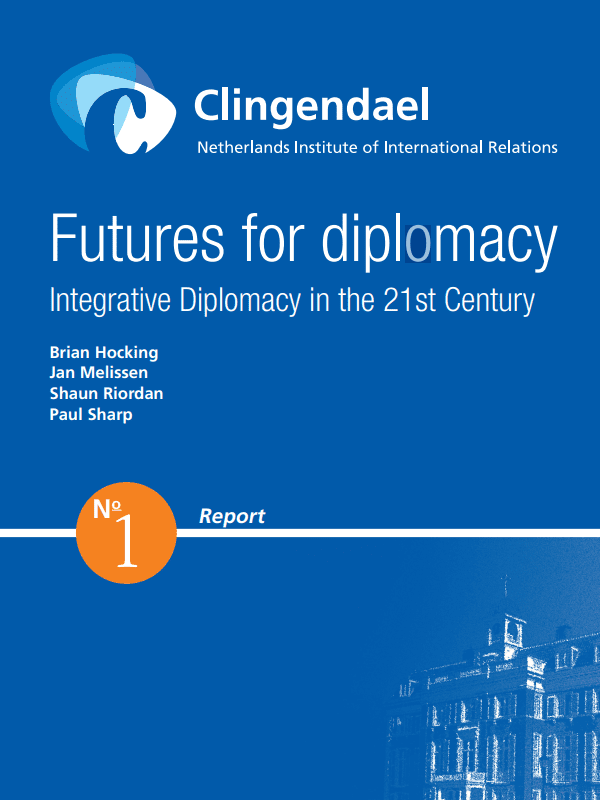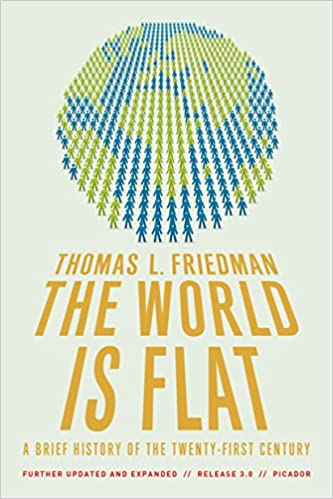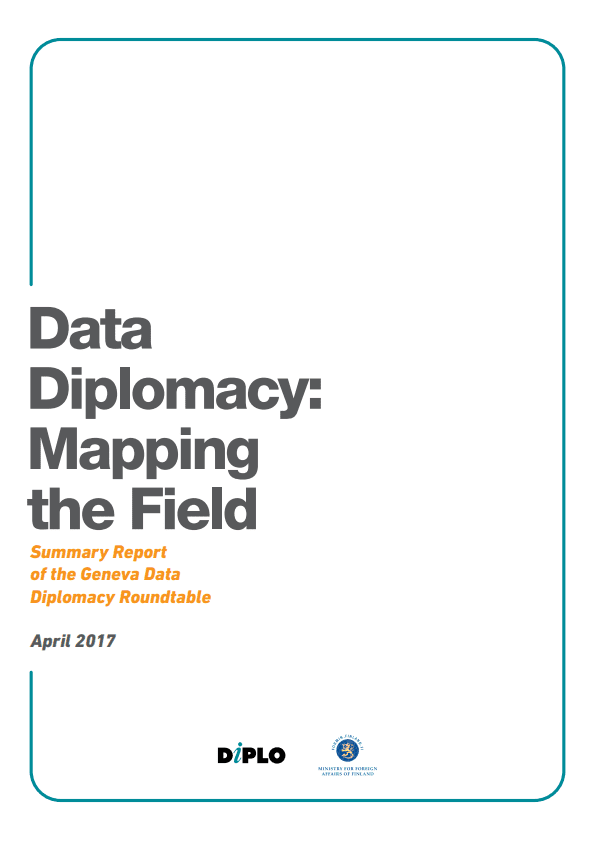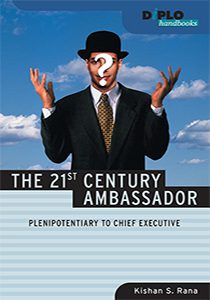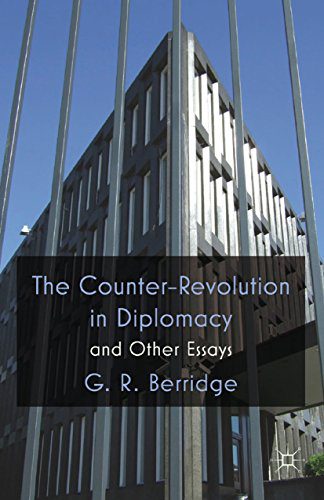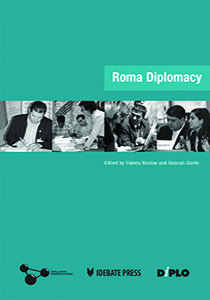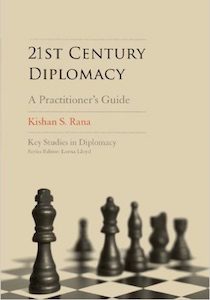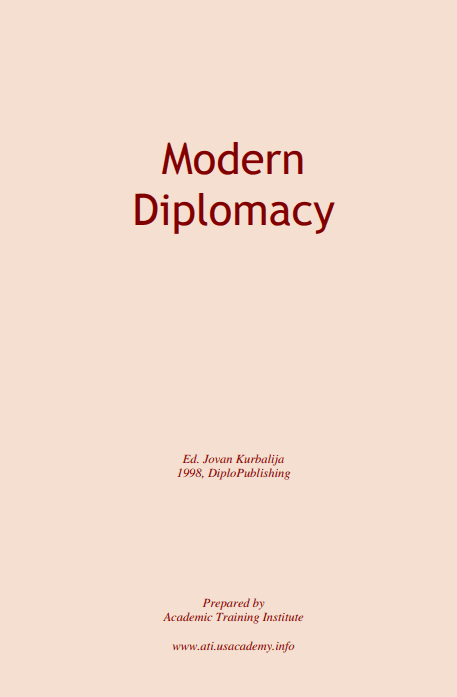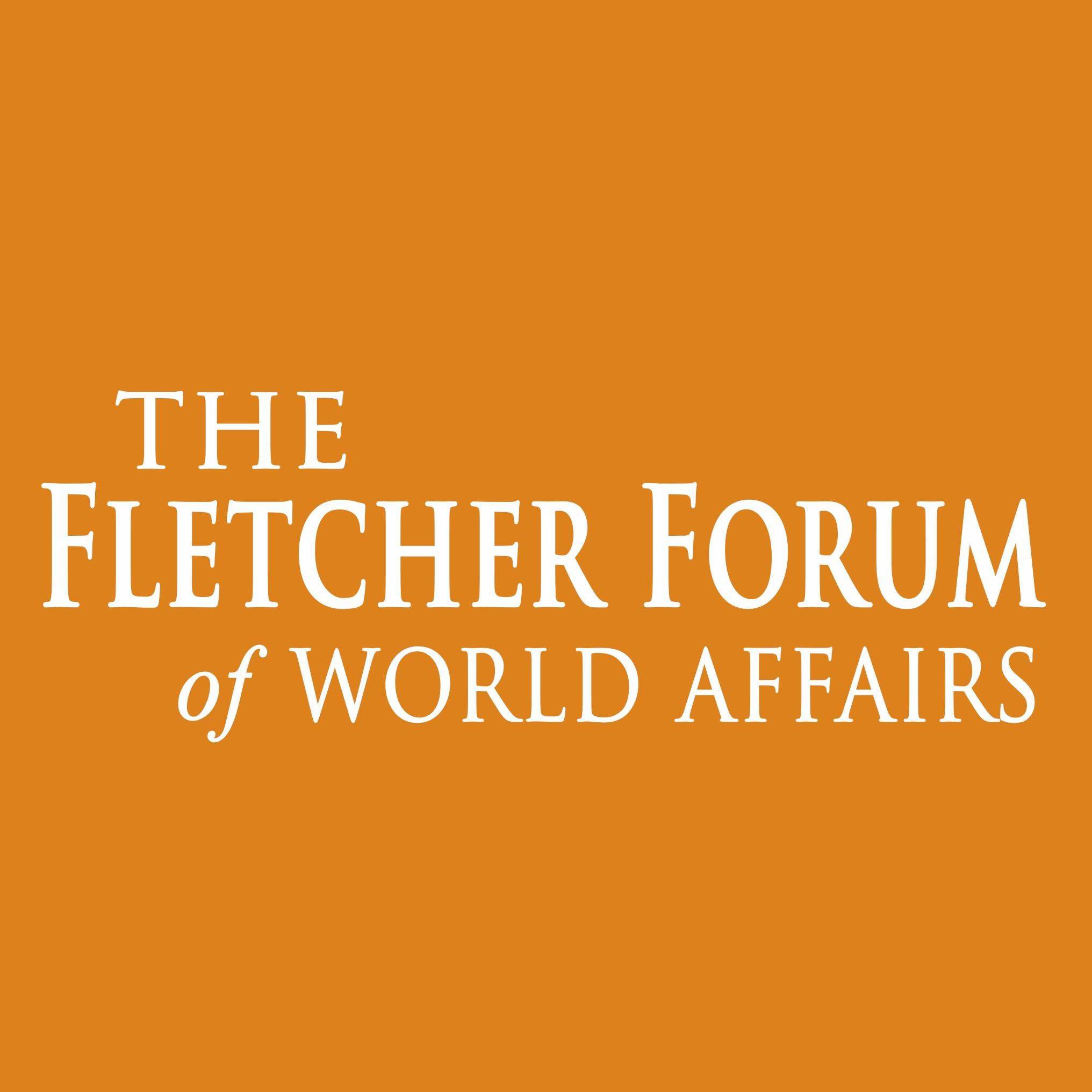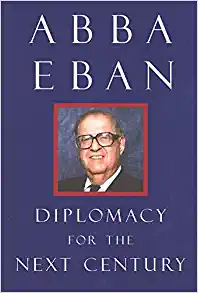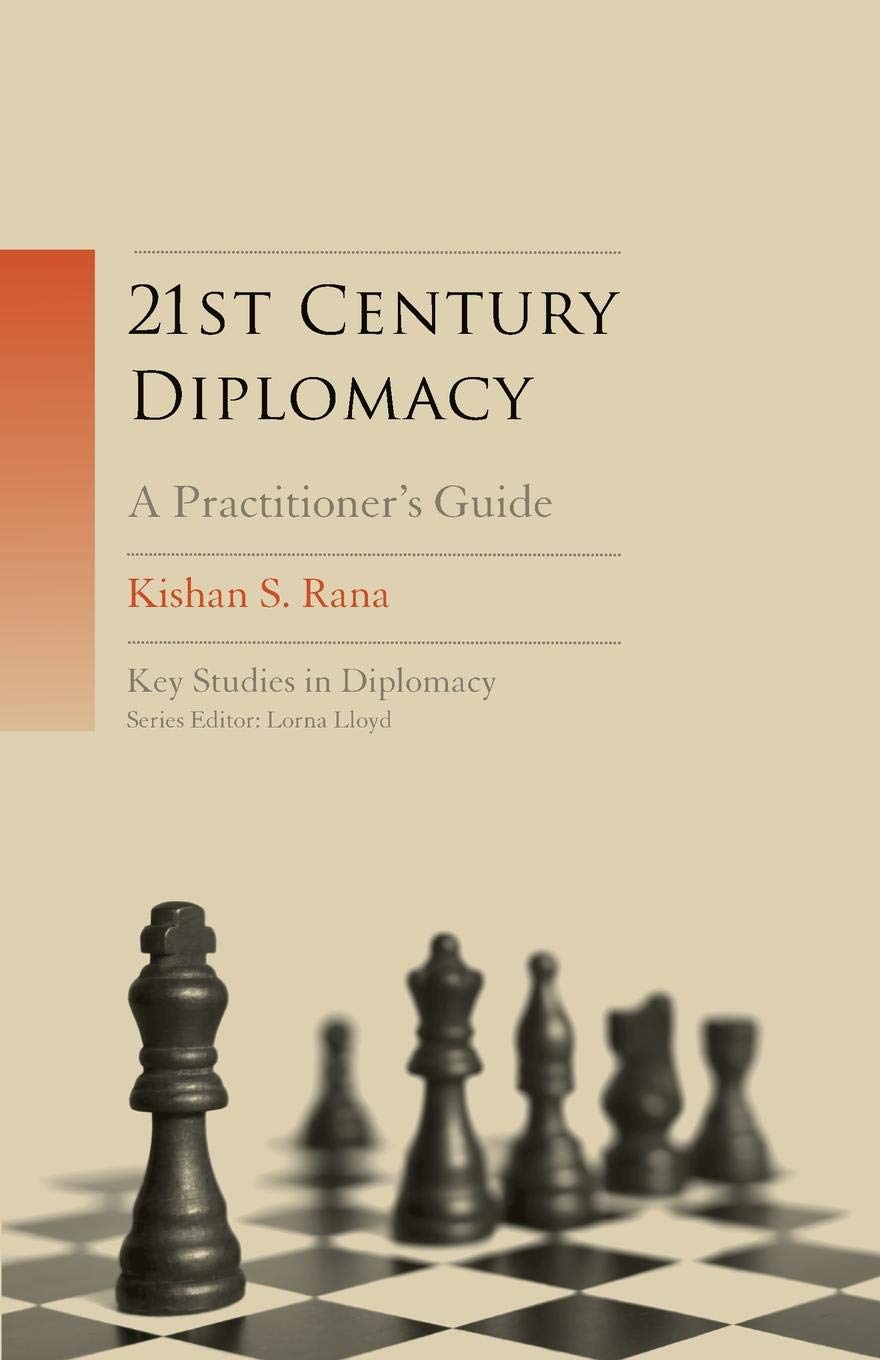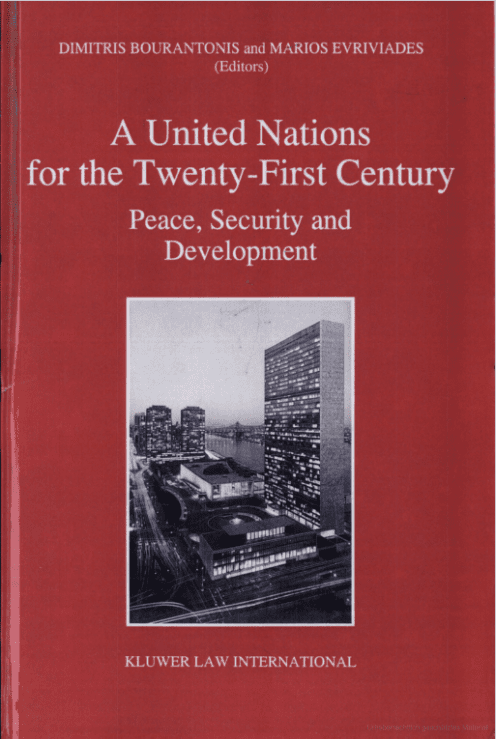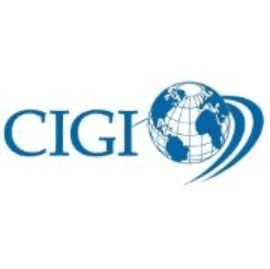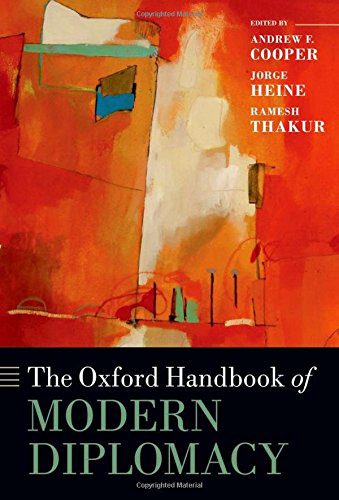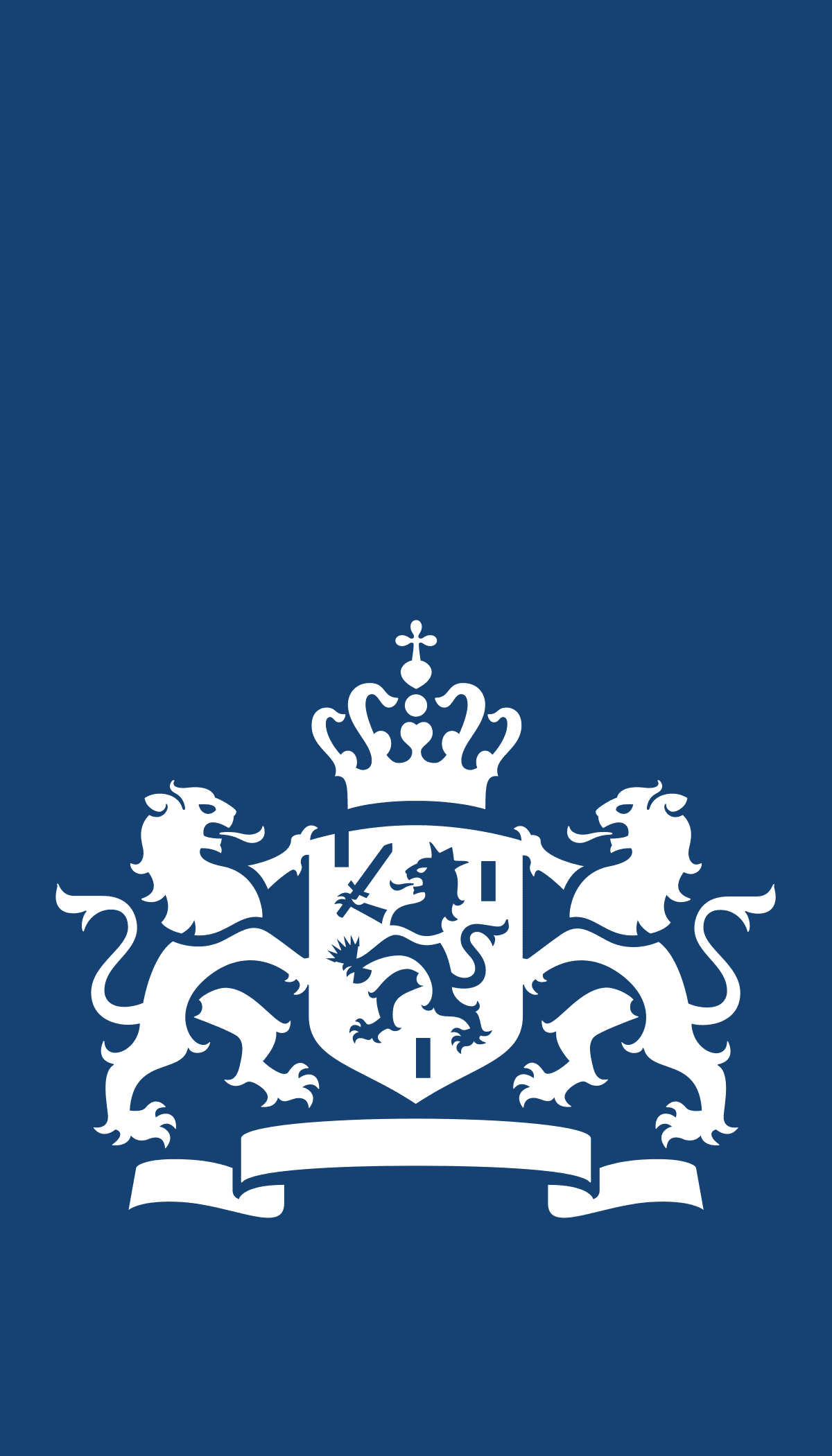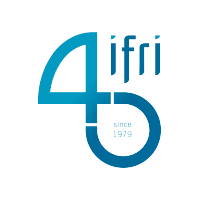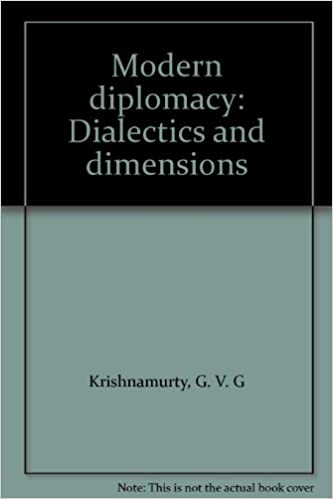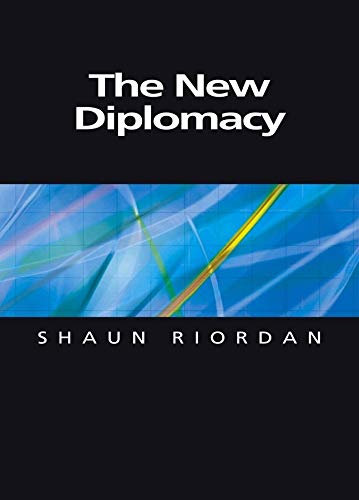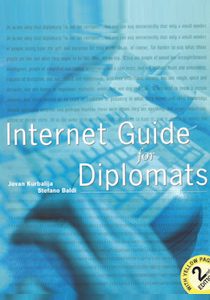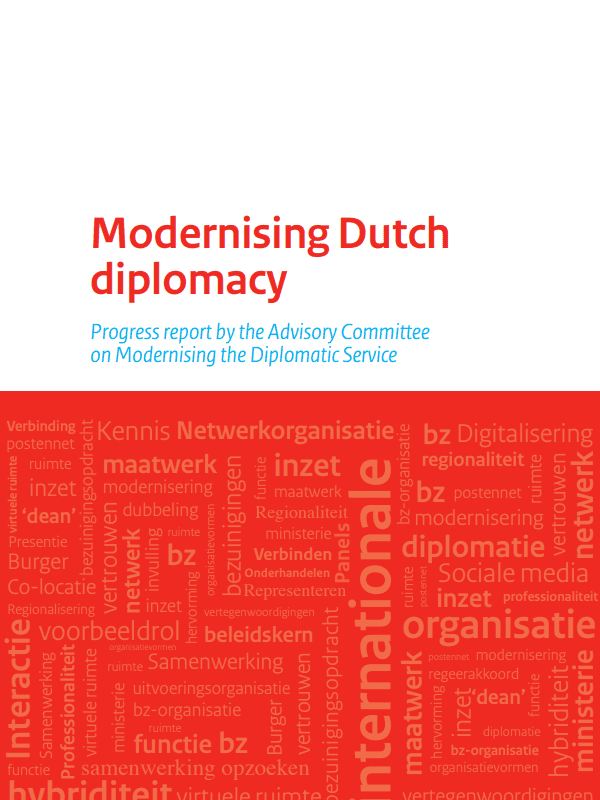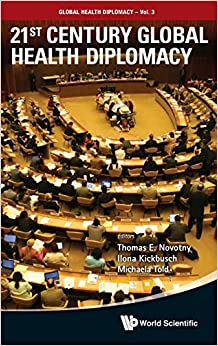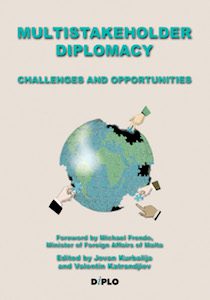Ten years after
Ten years after, with this fifth edition, I am as pleased as I was with the third one. In particular with the pronouncement that the ‘counter-revolution’ goes on in diplomatic practice. This is because after over 25 years’ work in multilateral diplomacy, I do not expect much from revolutions.
From practice to theory
As I flew from the third to the fifth edition without a stopover at the fourth, I will not highlight specific additions to the contents. I prefer to contrive this review from the perspective that animates the explicit approach of the book: theory vs. practice.
There is a witty saying attributed to Einstein: ‘In theory, theory and practice are the same. In practice, they are not.’ Let us stay with this point momentarily.
The theorist is supposed to know more than the practitioner. In turn, the practitioner is (obviously) expected to do more than the theorist. Yet, Berridge knows so much about the practice of diplomacy that the intelligent practitioner ought to learn from his book if he aims at doing better. The author gives the impression that he does not spend his time among books on shelves, but among diplomats at work. He interprets facts so ably that he makes theory very comfortable for practitioners.
Politically incorrect, for a while
The reverse of the above conclusion is that the practitioner is deprived of the chance to contradict the theorist, be it cordially. It is the case with this review.
In the absence of a polemic option, it is difficult to avoid monotonous eulogies. Hence, what I can do is to handpick a couple of conclusions that diplomats in office cannot formulate without running a serious risk of being admonished. One example is what is fashionably called ‘public diplomacy’. From the height of his academic freedom, Berridge argues very convincingly that ‘public diplomacy’ is just the modern name given to the old concept of propaganda or, in the words of a British Ambassador ‘an elegant reinvention of the wheel’ (Chapter 13, Public Diplomacy. Rebranding Propaganda, pp. 198-208).
The next example of brilliant and audacious conclusion relates to summitry. At this juncture, one will certainly understand why, as a diplomat, I will jump directly to a citation without unnecessary comments:
The case against summitry turns chiefly on certain assumptions about heads of state and government as a class. They are held to be poor negotiators because vain, ignorant of details, pressed for time, addicted to publicity, and prone to cultural misunderstanding; also too often overtired if not actually suffering from jet-lag, insomnia, or serious ill-health; and too readily swayed by personal likes and dislikes towards fellow leaders… (Chapter 12, Summits, p. 186).
You, humble and obedient colleagues, if you feel like nodding when reading these lines, do it with discretion, please!
Tweet me, if you wish!
A certain box in that chapter on the so-called Twitter for diplomats is particularly reassuring for people who are used to more meaningful ways of expressing ideas and feelings. Or, for that matter, for those who are unable to write but long sentences. Here is a superb statement which makes Berridge eligible for a well deserved place in the history of Twitter:
In any case, in the light of the brevity imposed on […] tweets and the haste with which they usually need to be composed, it is not easy for all but the most deft to make sure that an attractive personal voice is consistent with official policy. The result is that they risk either embarrassing blunders or studied banality. Nevertheless, diplomats who know better – and have got better things to do – are being bullied into tweeting by foreign ministries pathetically fearful of being thought out of touch. It is an open secret that some – probably most – senior diplomats in the foreign ministries and embassies of major states have someone else to write their tweets for them, which should not surprise anyone (Chapter 13, Public Diplomacy, p. 201).
Tweet those thoughts if you wish, distinguished readers!
Back to work
These examples are delicious to my taste, but Berridge has many other subtle ways of alerting us when the emperor has no clothes. An assiduous reader – as all diplomats are supposed to be – will find them among the pages of a book written with an undeniable literary touch.
Berridge continues to bring fresh perspectives on traditional topics related to the study of diplomatic exercise. The classification of embassies into four categories – normal, fortress, mini-, and militarized – is quite surprising at first sight, but convincing in the end. So is the conclusion:
… the resilience of the resident embassy: the death of this institution, so confidently predicted in the 1970s and early 1980s, has been indefinitely postponed (Chapter 8, Embassies, p. 131).
Another very interesting window is opened on an issue which is really a persistent dilemma in the diplomatic routine: which Capitals are better suited to taking the first steps in negotiations? The author offers an example close to his own house:
Britain has usually preferred to negotiate through its own embassies rather than through a foreign embassy in London. This gives it greater assurance that its messages to the foreign government are delivered quickly and securely to the right people, and are not distorted en route (Chapter 2, Prenegotiations, p. 36).
While I have no intention of challenging the long-established practice of British diplomacy which cannot but be wise, inspired as it is by centuries of world-wide practice, I am not sure about the motivation behind. From what I have noticed, one cannot generalise the righteousness either of the course taken or the reasons for it. The choice depends on many factors: the nature of the matter, the profile of the other party in negotiations, the skills of the diplomats involved. ‘Distortion en route’ can happen everywhere in the chain of events and one’s own diplomats may well be occasionally responsible for such distortion.
Apart from comforting the reader with a charming narration, always pigmented with useful and colourful illustrations of various episodes of diplomatic occurrences, Berridge knows how to speak ex-cathedra and be purposefully didactic. To the diligent and ambitious student, Professor Berridge offers very thoughtful recipes for diplomatic excellence, such as the stimulating answers to the question ‘Should negotiators be accommodating or tough in their general approach?’ (Chapter 3, Around the Table Negotiations, pp. 51-52), or, when he elaborates on ‘the attributes of the ideal mediator’ (Chapter 17, Mediation, p. 260).
Notes for the next edition
I have reasons to expect a sixth edition of this excellent book. The dynamic of international relations and of diplomacy will produce new inputs and trigger new reflections. We do not know where the insertion of novelty ought to come. Nevertheless, I have my own wish to see more of Berridge’s light on a particular topic: diplomatic relations versus consular relations.
It is the author’s own assertion that ‘consulates today are attracting unprecedented attention’. Some of the reasons for this remark are already examined; inter alia, normal population movements and economic migration, as well as refugees. The glorious existence of the Schengen space for European citizens and its collapse against massive waves of refugees from the Middle East has put consular work into a different perspective. For example; granting a visa is no longer what it was during the Cold War, or in the aftermath of the conflicts in Afghanistan, Iraq, Libya, and Syria.
Further on, the author states that
‘until well into the twentieth century, there was an entrenchment view among diplomats not only that consular work and diplomacy were quite different, which up to a point was defensible; but also that a person suited to the one was not suited to the other, which was less so’ (Chapter 9, Consulates, p.134).
I will not challenge the statement, but I would extend the time until well into the twenty-first century: I can assure Professor Berridge that this particular view is still entrenched in corners of both of embassies and consulates. From where I stand, it is not a random occurrence that there are two different treaties dealing with the two categories of holders of diplomatic passports: the 1961 Vienna Convention on Diplomatic Relations and the 1963 Vienna Convention on Consular Relations.
Despite numerous similarities in status, there are solid differences between the two functions as to the nature of the work. Diplomatic relations are more formal and they take place between diplomats for the benefit of states. Consular relations aim generally at citizen level. The parties to the interaction are different. The main work of consulates is to deal with the affairs of its citizens travelling or residing in a country.
At present, people travel more than ever, and consulates provide services against fees, in what malicious observers may call ‘over-the-counter’ diplomacy. Moreover, in many countries, my own included, the ambassadors are appointed by the head of state, while consul-generals are assigned by the head of government. Surely, I agree that this distinction does not imply differences in the capacity to perform of diplomats and consuls, as defined by the two Conventions.
The beauty
Berridge confirms with this new edition not only his profound and panoramic knowledge of diplomacy but also his very user-friendly style. No matter the expectations, the end result is an enjoyable reading experience. As a diplomat I like to think that our profession is a beautiful one, and there is no doubt that this book makes it look even better.
The bridge
The author sits on a very solid pedestal which is not built exclusively on erudite comprehension and the processing of hundreds of volumes as testified by the lists of further readings and references. It is obvious that Diplomacy: Theory and Practice is a living body which absorbs and grows new facts as they emerge. Berridge is such a perspicacious observer of the diplomatic landscape that he appears to be an active diplomat himself. He builds a really useful bridge: the distance between theory and practice has never been so short.
Disclaimer: Any view and opinion expressed are solely those of the author in his personal capacity and they do not engage the institution to which he belongs.
Review by Petru Dumitriu
